After being at a diplomatic standoff for weeks with Israeli Prime Minister Benjamin Netanyahu, President Joe Biden lobbies the United Nations for a vote on a temporary ceasefire. This is a marked departure from previous U.S. support for Israel’s defense rights at the U.N., notably after two vetoes against ceasefire resolutions following a Hamas attack on Oct. 7, 2023.
Netanyahu Remains Committed to Full-Scale Attack on Rafah If Conditions Not Met
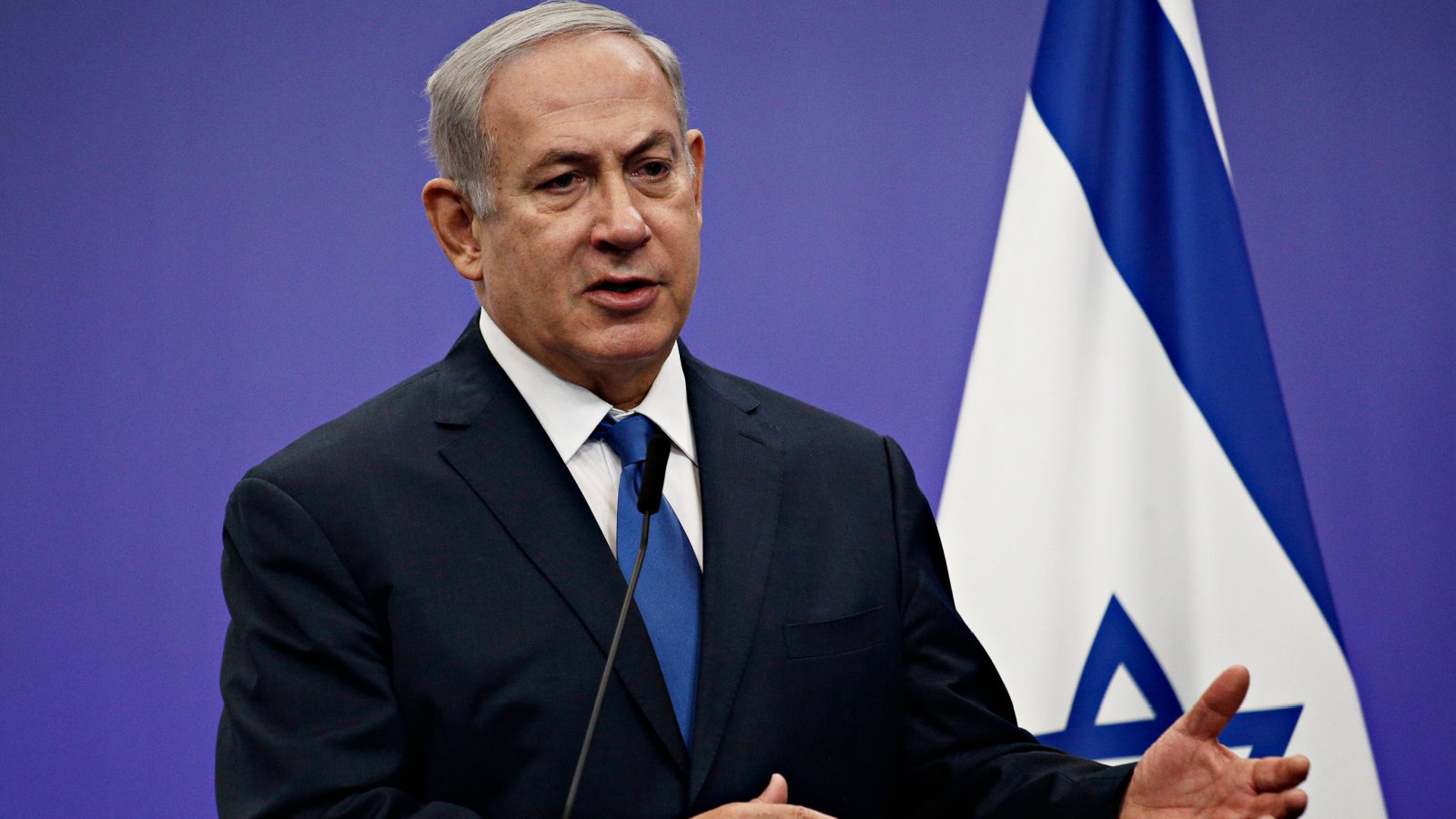
In past weeks, Netanyahu has remained committed to a full-scale attack on Rafah in response to the Hamas attack and continued hostage crisis. Meanwhile, Biden has exerted pressure on his Israeli counterpart to undertake only targeted attacks without worsening the plight of millions of displaced migrants in Rafah.
Biden Escalated Diplomacy to UN in Significant Change

Biden’s patience with Israel seems to have expired as he escalated his standoff with Netanyahu up to the U.N., where he is advocating a resolution for a ceasefire as soon as possible. Notably, the U.S. has twice opposed a ceasefire resolution in the U.N. in the wake of the October attack on Israel by Hamas.
Biden’s Diplomatic Efforts Thus Far
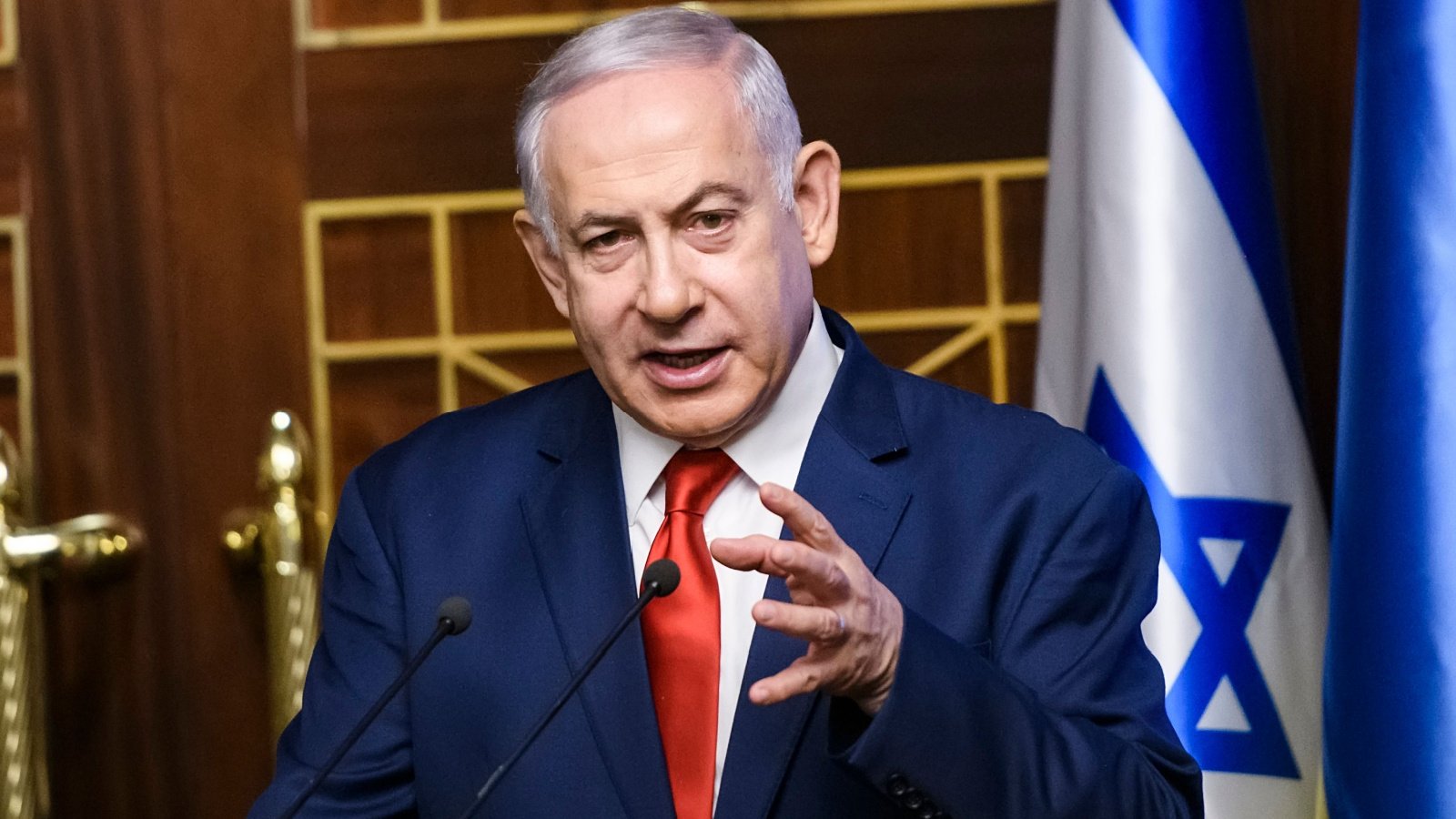
Since October, President Biden has been actively involved with Netanyahu, urging both privately and publicly for Israel to devise strategies to safeguard over a million Palestinians taking refuge in Rafah. The strain has created the beginnings of an alliance crisis between the two countries.
About-Face for Biden Administration in Israeli-Hamas War

The U.S. proposal, introduced after rejecting an Arab-led initiative for a ceasefire, has not been scheduled for a vote yet but is expected to gain the support of the Security Council’s permanent members, including the U.K.
Limitations of Enforcement of UN Resolutions
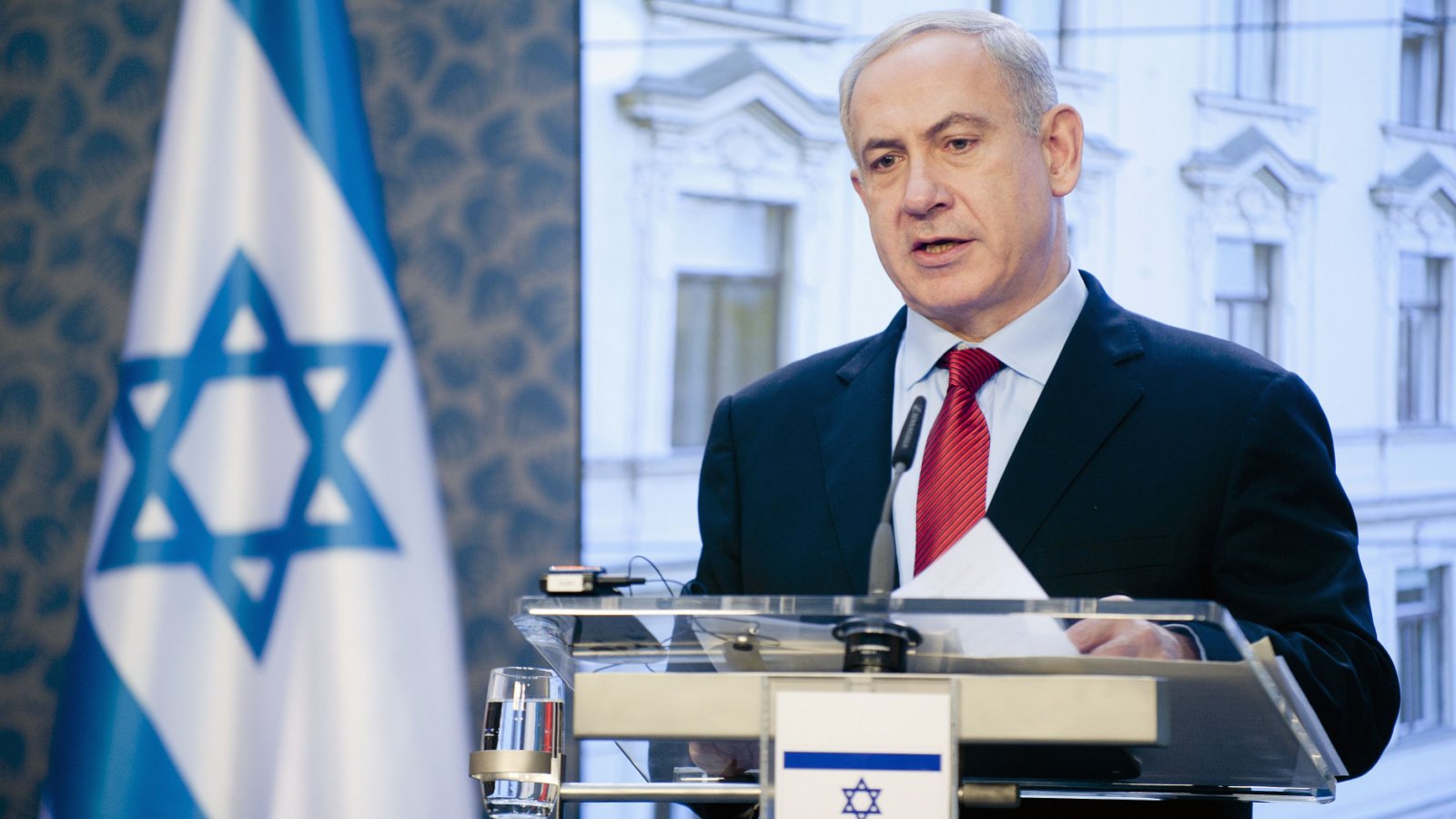
U.N. resolutions may carry a semblance of moral authority, establishing normative attitudes toward different policies and issues. However, the U.N. is greatly hampered in its ability to enforce solutions effectively, as it depends upon the cooperation of member states to take decisive individual actions in response to non-compliance.
Biden Action Seeks Moral Persuasion

It seems Biden seeks the moral sway of the U.N., while it remains highly unlikely that he would withhold support from Israel, which has been a strategic American ally in the Middle East for over 70 years.
US Proposes UN Resolution for a Ceasefire

The resolution emphasizes the necessity of a ceasefire “as soon as practicable,” the removal of blockades to facilitate aid delivery, and the release of hostages by Hamas. The US continues to oppose an attack on the southern city of Rafah.
Israel’s Hostage Release Ultimatum
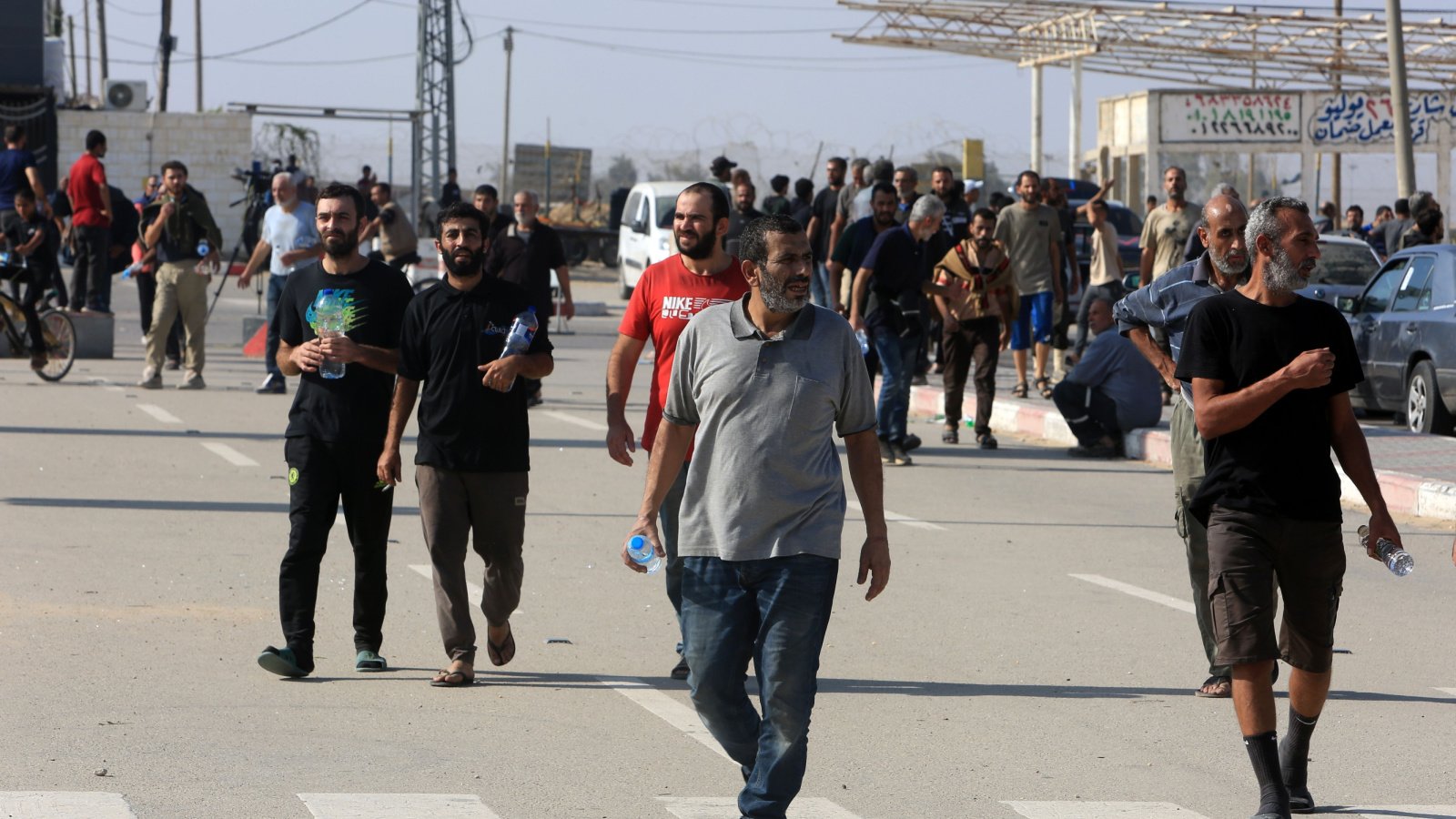
In a pressing ultimatum, Israel has demanded Hamas to release all hostages by Mar. 10, warning of a ground assault on Rafah, where a significant population displaced by previous conflicts currently resides.
International and Political Pressure

As the international community watches closely, the European Union, with the exception of one member, Hungary, has called for an immediate humanitarian pause, leading to a lasting ceasefire.
UK Feeling Pressure to Temper Israeli Response Due to Humanitarian Concerns

The debate extends into the political arena in the U.K., where Labour Party leader Sir Keir Starmer faces internal pressure to support a ceasefire, indicating a critical juncture in his leadership.
Political Pressure on Biden from Both Sides
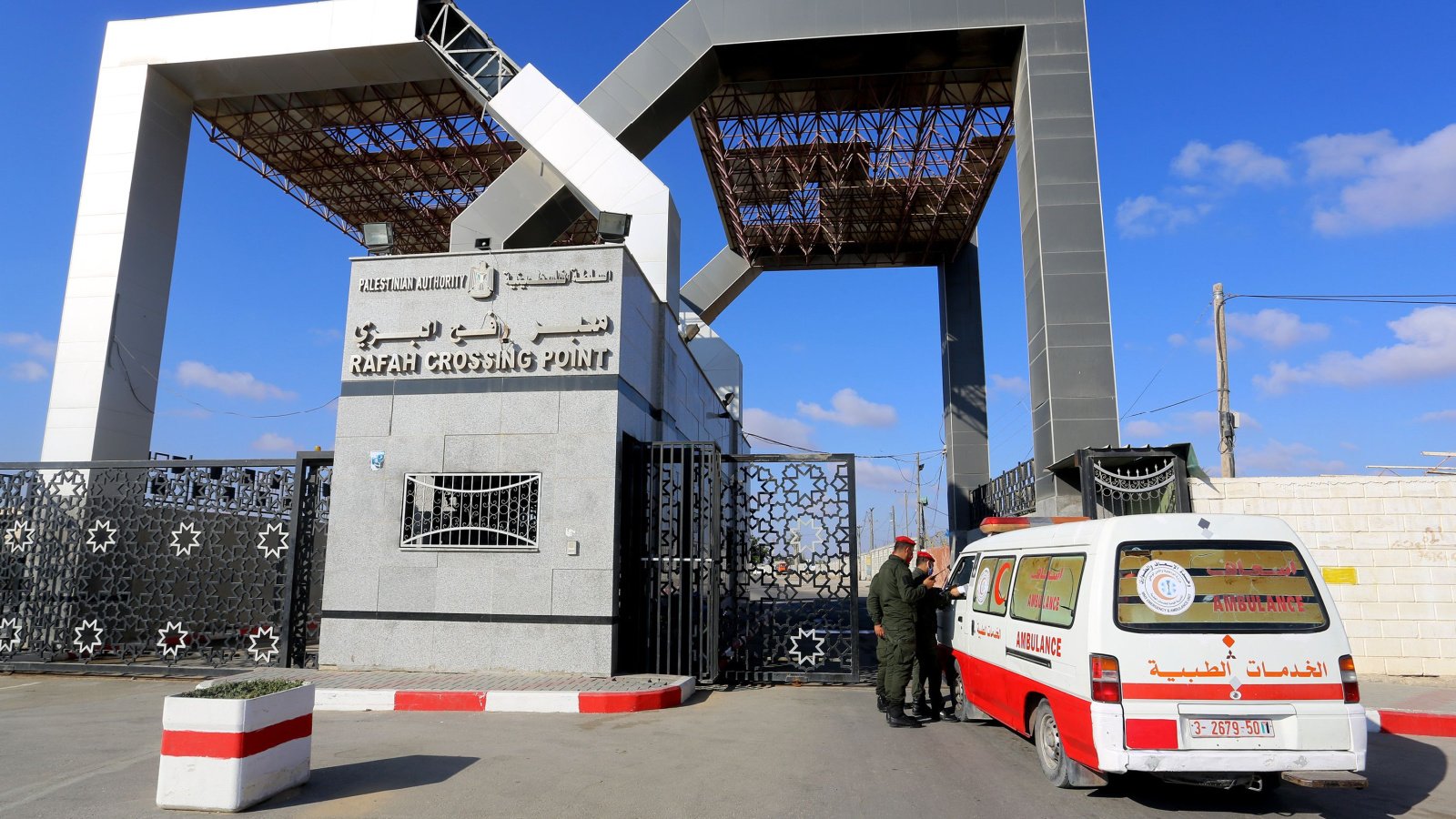
While President Biden faces pressure from both sides of the Israel-Hamas conflict, it will likely not cost him an election if he fails to deter the Israeli military offensive in Rafah and the resulting humanitarian crisis.
Implications of a Ground Offensive

The U.S. resolution draft underscores the dire implications of a ground offensive for civilian safety and regional stability while opposing territorial reductions in Gaza. The timing for a vote on this resolution remains uncertain amid Algerian efforts to secure a ceasefire vote in the U.N. Security Council.
American Political Restructuring Around Support for Israel
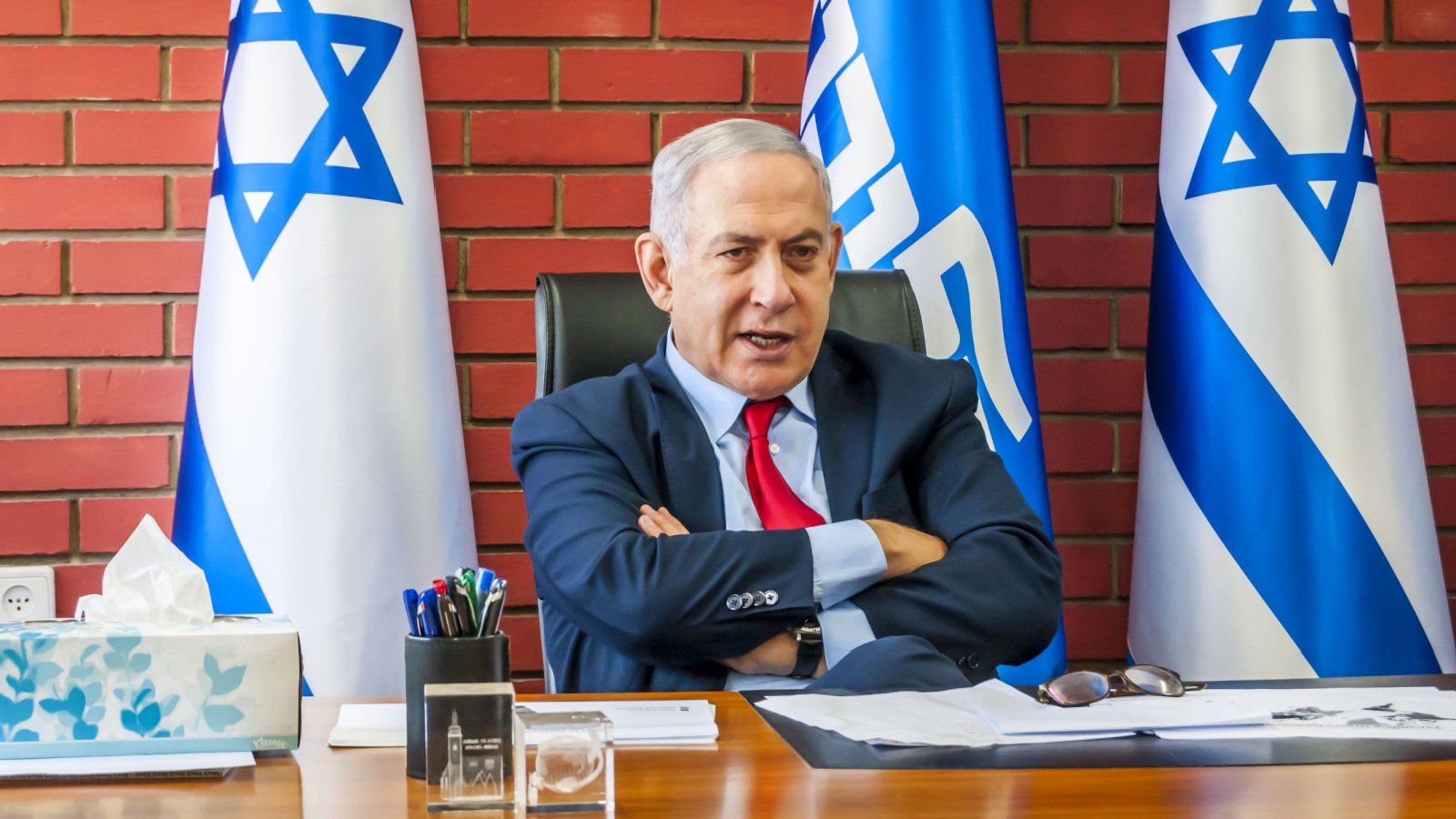
Up to this point, America has remained closely allied with Israel in sanctioning its defensive actions in response to the attacks on Israeli soil from Hamas in October. If the U.S. changes its position on Israel’s right to self-defense, it could cause political factions regarding support for Israel and become a hot-button political issue, which it has not been in the past, as both parties have more or less fully supported Israel against its enemies in the region.



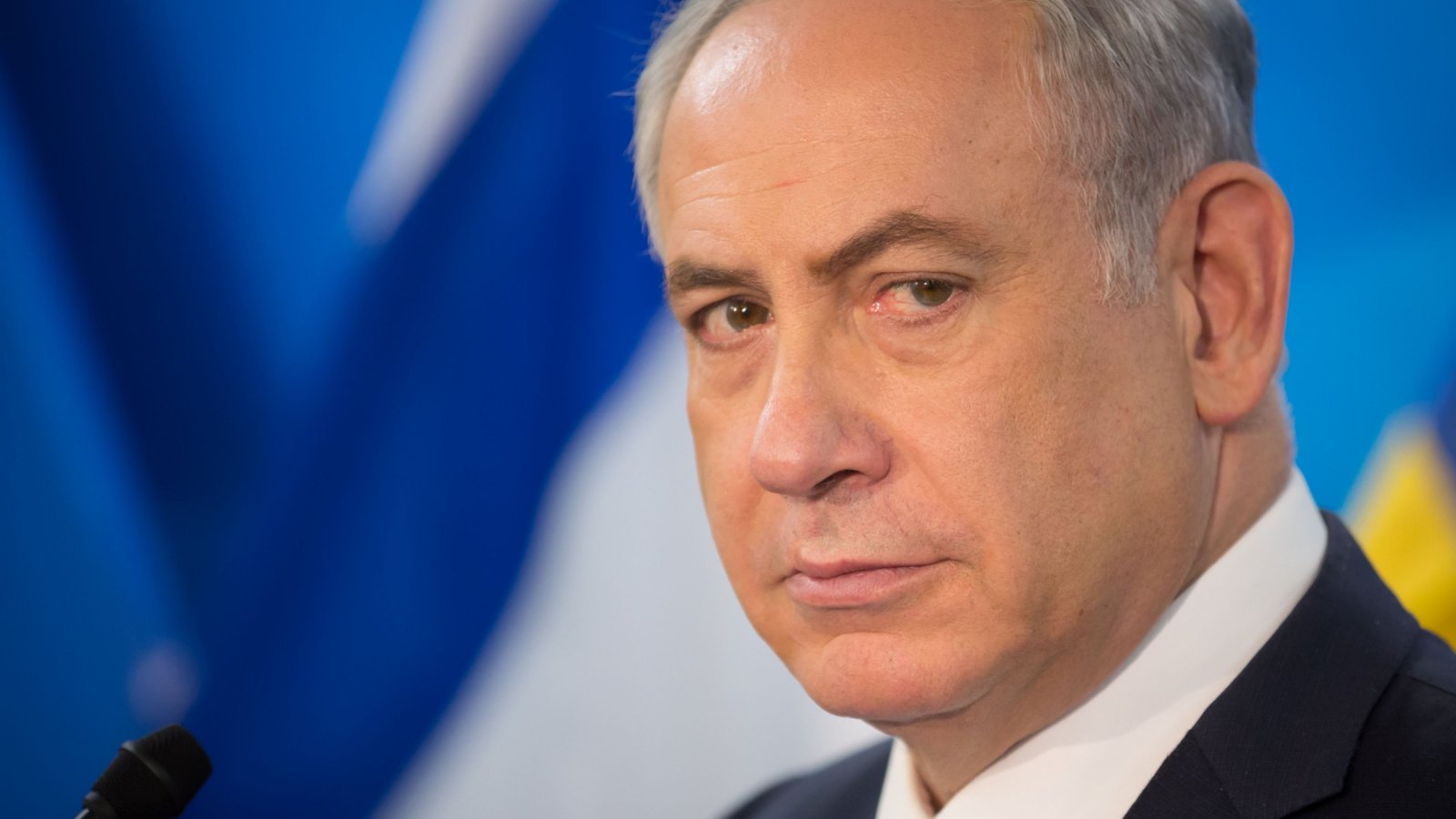





好文!2026年世界杯越来越近了,让我们共同期待这场全球足球盛宴。日期:2025-11-15 08:35:47 (-03)。